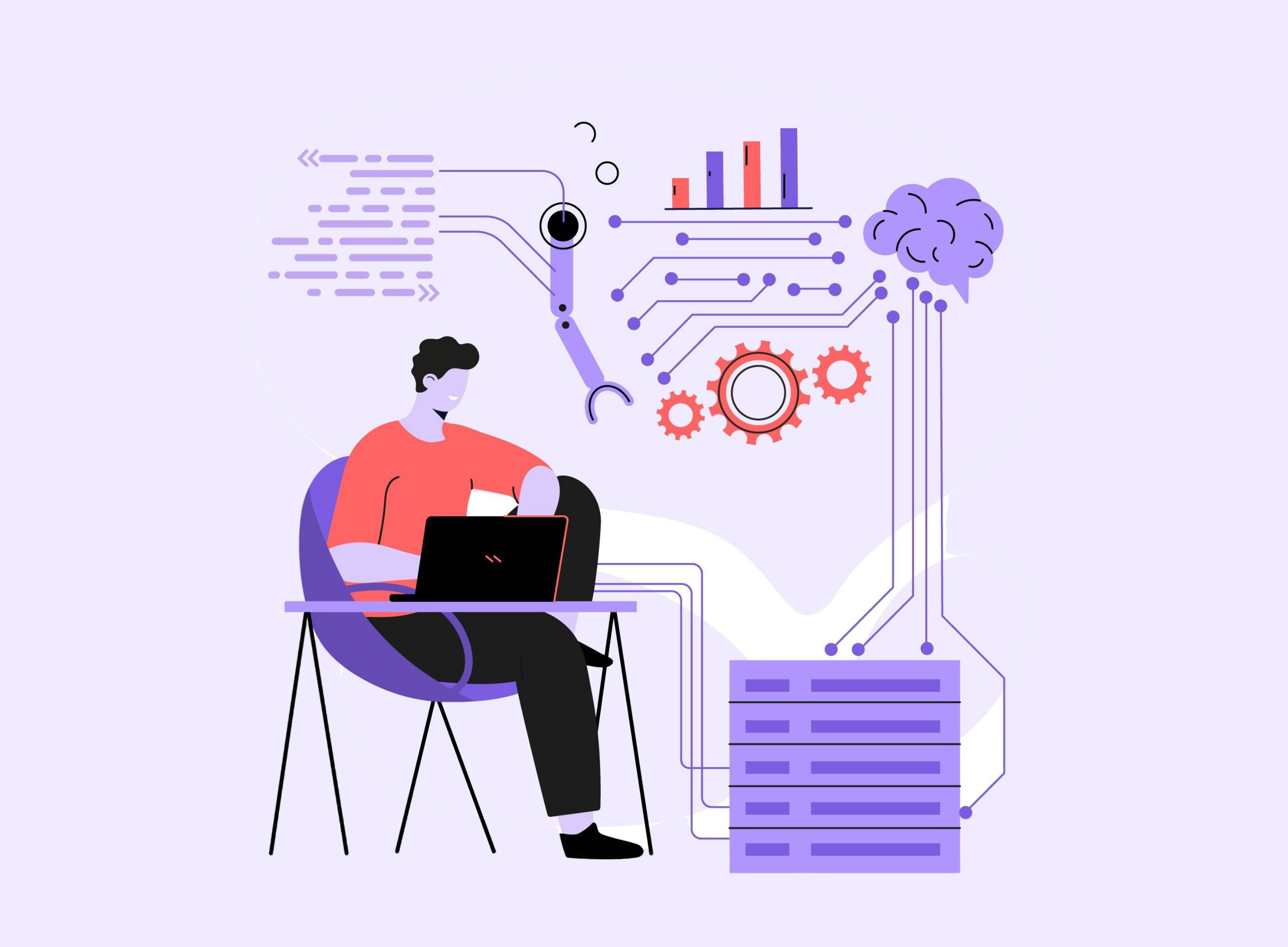Artificial Intelligence
How Generative AI is Transforming the Capital Market Landscape

In the high-stakes world of capital markets, firms face a constantly evolving technology landscape. Compounded by the pressures of heightened regulatory oversight, fierce competition from fintech and cryptocurrency players, rising operational expenses, and rapidly changing customer expectations, firms must adapt to thrive. Increasingly, they’re finding an edge with artificial intelligence, especially generative AI (GenAI), as it offers promising avenues for staying competitive and meeting strate
The Role of GenAI in Capital Markets
GenAI’s applications in capital markets are expanding due to the availability of domain-specific tools designed to address industry-specific needs. Unlike general-purpose tools like ChatGPT, models fine-tuned for financial services deliver greater accuracy for specialized tasks. For example, BloombergGPT exemplifies a finance-focused language model, tailored for the unique demands of capital markets.
While general LLMs may excel in broad-based tasks, industry-specific models provide better results for specialized applications like regulatory reporting, market research, and company analysis. These tools streamline processes by efficiently categorizing news, producing regulatory filings, retrieving targeted information, and even generating financial reports.
Here are some of the ways GenAI is reshaping capital markets.
Customer Engagement: Enhancing Digital Interactions
Generative AI, combined with extended reality (XR), can support digital assistants that read and respond to customer emotions in real-time, enhancing the human element in virtual interactions. This type of advanced customer engagement fosters stronger client relationships by offering immersive, adaptive service experiences that reflect each customer’s individual needs.
Fraud Detection and Compliance: Improving Accuracy and Efficiency
Capital market firms are under increasing pressure to prevent and report financial crimes with precision. GenAI enables these firms to bolster their compliance and risk management capabilities by identifying suspicious activities in real-time and preparing accurate suspicious activity reports (SARs) with minimal human intervention. GenAI’s capabilities also extend to the review of complex contract documents during onboarding, enhancing compliance with faster, more accurate assessments.
Investment Banking Research: Summarizing Complex Financial Information
In investment banking, GenAI can help streamline the creation of company-specific summaries and industry overviews. By training on a combination of historical market data and economic indicators like inflation, interest rates, and energy prices, GenAI offers forecasting insights that allow advisors and clients to access stock recommendations and economic trends instantly. This approach reduces dependence on expensive research subscriptions while giving clients immediate access to valuable insights.
Trading: Accelerating and Refining Decision-Making
For trading operations, time is of the essence, and GenAI’s ability to synthesize trading information in real-time can help firms execute strategies faster and more effectively. GenAI can process and interpret large volumes of historical and live data, supporting predictions for short- and mid-term price movements based on economic indicators. By generating customized technical and fundamental analysis, GenAI also helps traders make data-driven buy or sell decisions. For algorithmic trading, GenAI facilitates the creation of bots that can autonomously place orders, guided by tailored trading strategies.
Conclusion
The capital markets are at the cusp of a technological transformation led by GenAI, which is reshaping traditional processes across wealth management, trading, customer engagement, research, compliance, and risk management. With GenAI, capital market firms can achieve greater agility, make informed decisions more quickly, and deliver highly personalized client experiences. By embedding GenAI into their operational frameworks, firms position themselves to not only meet current demands but also to anticipate and adapt to the emerging trends that will define the future of finance.
Tags
Written by
Amit Siddharth
Published on
12 June 2024






